- Size
- Smallest
- Small
- Small to Medium
- Medium
- Large
- Giant
- Characteristics
- Smartest
- Hypoallergenic
- Fluffy
- Best Guard
- Best Family
- Best for Kids
- Low Shedding
- Healthiest
- Police Dogs
- Most Calm
- Quietest
- Color
- White
- Black
- Grey
- Brown
- Blue
- Red
- Coat
- Hairless
- Short
- Long
- Origin
- Japan
- China
- Australia
- Germany
- Italy
- United States
- France
- Group
- Hound
- Terrier
- Herding
- Toy
- Working
- Sporting
The Cockatiel: A New Owner's Guide (What To Know)
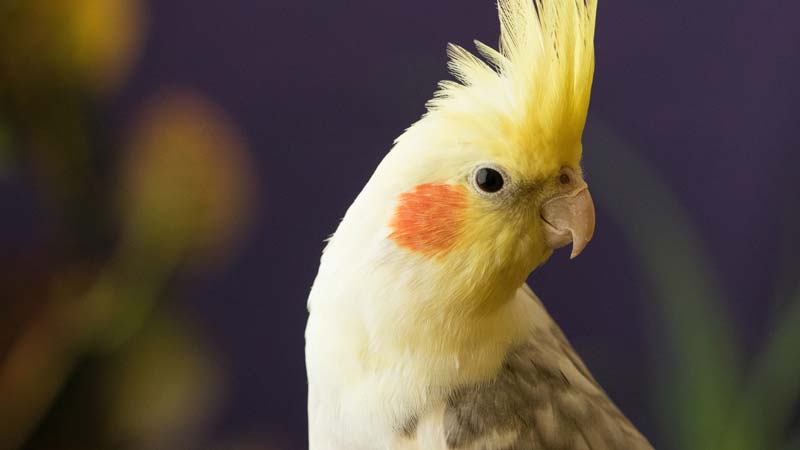
Photo by Ursula Gamez on Unsplash
Cockatiels (Nymphicus hollandicus) are indigenous to Australia, primarily found across its arid and semi-arid regions. They were first discovered in the late 18th century by European explorers. However, they didn’t gain significant attention until the 19th century.
Initially, they were mainly kept for their melodious whistling and charming personalities. Over time, selective breeding led to various color mutations and patterns, enhancing their appeal as pets.
Today, Cockatiels remain one of the most popular pet birds globally. They're cherished for their affectionate nature, intelligence, and their ability to form strong bonds with their human companions.
Here's a guide on their care and basic information:
Basic Information
Species Traits:
Size: Cockatiels are medium-sized birds, typically around 12-13 inches in length.
Lifespan: With proper care, they can live for 15-20 years or more.
Variety of Colors: They come in various color mutations, with the common gray being the wild-type, and other mutations including lutino, pied, and pearl.
Price:
In the United States, the price of a cockatiel can vary based on several factors including age, color mutations, breeder reputation, and geographic location. On average, you might expect to pay between $100 to $250 for a cockatiel.
Here's a general breakdown:
Common gray cockatiel: $60 to $80 - Typically the most common and affordable coloration.
Cinnamon cockatiel: $75 to $100 - Slightly more expensive due to the specific color mutation.
Pied cockatiel: $110 to $170 - Often priced higher due to the visually striking appearance of the pied mutation.
Lutino/Yellow Cockatiel: $200 to $600 - Lutinos are a rarer and more sought-after mutation, hence commanding a higher price, especially for certain pedigreed or visually exceptional birds.
Care Tips
Caring for a cockatiel involves several key aspects to ensure their health and happiness:
Housing:
Cage Size: Choose a spacious cage, ideally around 20x20x24 inches, allowing ample space for movement and wing-stretching.
Bar Spacing: Opt for bars spaced approximately 1/2 inch apart to prevent escape or injury.
Perches and Toys: Offer various perch sizes and materials to support their feet. Provide toys for mental stimulation and entertainment.
Diet:
Pellets and Seeds: Offer a balanced diet consisting of high-quality cockatiel pellets as a staple, supplemented with seeds for variety.
Fresh Foods: Introduce fresh fruits like apple, berries, and vegetables such as carrots and leafy greens for added nutrients.
Calcium Supplement: Provide cuttlebone or mineral blocks to fulfill their calcium needs.
Water and Hygiene:
Clean Water: Ensure fresh water is available daily, changing it regularly to prevent contamination.
Cage Maintenance: Clean the cage routinely, removing droppings, uneaten food, and changing the bedding or liner.
Social Interaction:
Companionship: Cockatiels are social birds and thrive on interaction. Consider having a pair or spending significant time daily with a single bird.
Human Bonding: Interact with your cockatiel daily, talking to them, offering toys, and gentle training sessions to build trust.
Environment:
Temperature: Keep the environment between 70°F to 80°F (21°C to 27°C), protecting them from extreme temperatures.
Lighting: Provide natural light exposure but avoid direct sunlight to prevent overheating.
Quietness: Cockatiels appreciate a peaceful environment, so avoid loud noises and disturbances.
Health Care:
Observation: Monitor their behavior, eating habits, and droppings regularly to detect any signs of illness or distress.
Veterinary Check-ups: Schedule regular visits to an avian veterinarian for health check-ups and necessary vaccinations.
Grooming:
Nail Trimming: Monitor and trim overgrown nails as needed to prevent discomfort or injury.
Wing Clipping: Consider wing clipping for safety, preventing them from flying into hazardous areas.
Training:
Basic Training: Teach simple commands and encourage positive behaviors through positive reinforcement techniques like clicker training.
Socialization: Gradually introduce them to various environments and people to ensure they remain socialized.
Conclusion
Cockatiels' journey from the Australian wilderness to becoming beloved household companions showcases their adaptability and charm, making them cherished members of many families worldwide.
Cockatiels, with their charming personalities and affectionate nature, make delightful companions. Proper care, a balanced diet, mental stimulation, and regular interaction contribute significantly to their well-being. Establishing a nurturing and stimulating environment ensures a fulfilling and joyful life for these intelligent and lovable birds.
You May Also Like
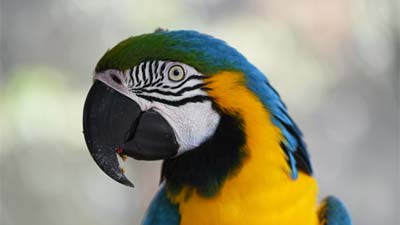 Other Pets, Pet BirdsThe Pionus Parrot: A New Owner's Guide (What To Know)
Other Pets, Pet BirdsThe Pionus Parrot: A New Owner's Guide (What To Know)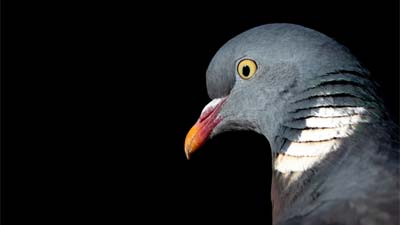 Other Pets, Pet BirdsThe Dove: A New Owner's Guide (What To Know)
Other Pets, Pet BirdsThe Dove: A New Owner's Guide (What To Know)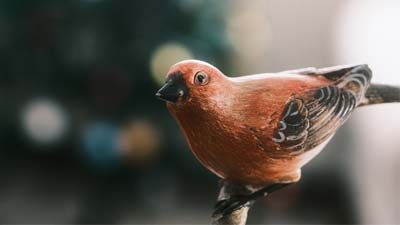 Other Pets, Pet BirdsThe Finch: A New Owner's Guide (What To Know)
Other Pets, Pet BirdsThe Finch: A New Owner's Guide (What To Know)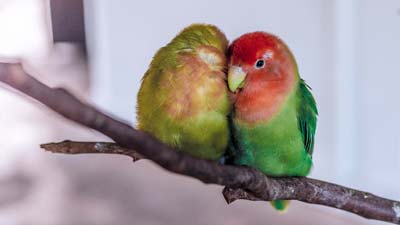 Other Pets, Pet BirdsThe Lovebird: A New Owner's Guide (What To Know)
Other Pets, Pet BirdsThe Lovebird: A New Owner's Guide (What To Know)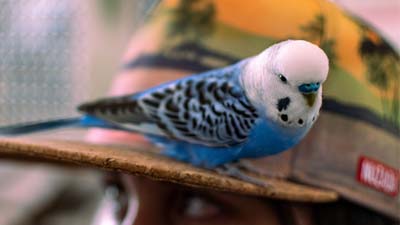 Other Pets, Pet BirdsThe Budgerigar: A New Owner's Guide (What To Know)
Other Pets, Pet BirdsThe Budgerigar: A New Owner's Guide (What To Know)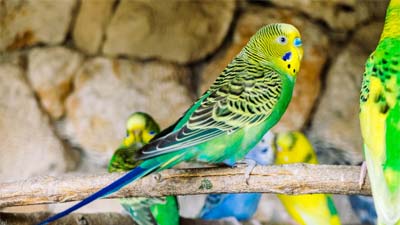 Other Pets, Pet BirdsThe Canary: A New Owner's Guide (What To Know)
Other Pets, Pet BirdsThe Canary: A New Owner's Guide (What To Know)